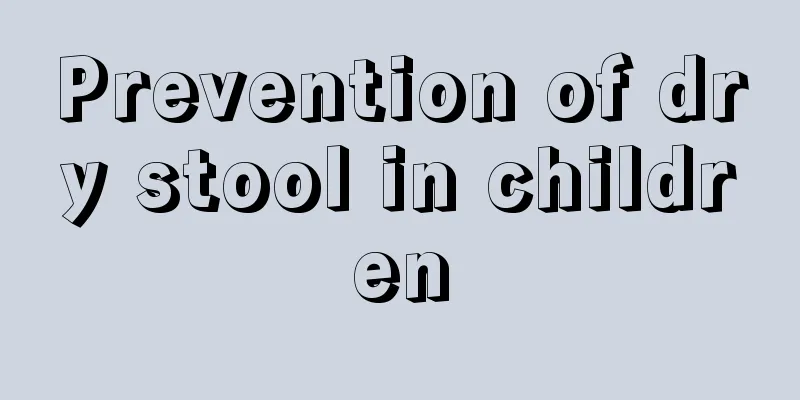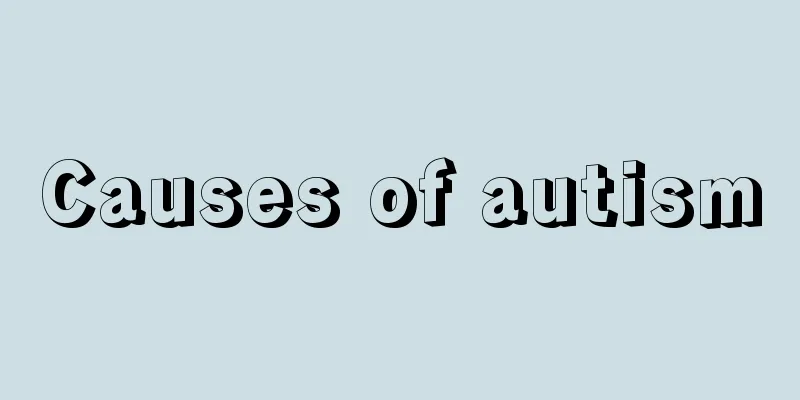How to supplement zinc deficiency in 7-year-old children?

|
Zinc is an essential nutrient for our body. However, many people have bad eating habits and are always picky eaters. As a result, the body does not get zinc supplements for a long time, so symptoms of zinc deficiency appear in the body. This situation is also common for some children, so children also need zinc supplements when necessary. So, how to supplement zinc deficiency in 7-year-old children? How to supplement zinc In fact, food supplementation is the best way to supplement zinc for children, as it is most consistent with human metabolism. If zinc deficiency is not serious (symptoms are not obvious) or to prevent zinc deficiency, dietary supplements can generally be used. You can eat foods rich in zinc such as oysters, herring, dried shrimps, seaweed, fish meal, sesame seeds, peanuts, pork liver, etc. for dietary supplements. Eating more of these on a regular basis will generally not cause zinc deficiency. It is worth noting that dietary supplements have a disadvantage: they are slow to work. In addition, everyone's gastrointestinal absorption capacity is different, and some are even difficult to make up; Therefore, for people who are severely zinc deficient or want to supplement zinc quickly, they should use zinc supplements in time, such as protein zinc, so that zinc supplementation is more comprehensive. At the same time, try to avoid eating refined foods for a long time, pay attention to the combination of coarse and fine foods in your diet; eat more foods rich in zinc; such as: oysters, squid, red meat, animal liver, etc. Zinc supplements 1st generation inorganic zinc: Zinc sulfate, zinc chloride, zinc nitrate, etc. The most primitive zinc supplement products have low zinc absorption and utilization rate (only 7%). They combine with gastric acid in the body to produce zinc chloride, which is a strong corrosive agent that irritates the gastrointestinal tract and can easily cause nausea, vomiting, etc. Representatives of this generation of zinc have been basically eliminated from the market and are rarely seen. They are mostly used in surgical operations to promote wound healing. 2nd generation organic acid zinc: Zinc gluconate, licorice zinc, zinc acetate, zinc citrate, amino acid zinc, zinc lactate, etc. Weak acid and weak base salts have a zinc absorption rate of about 14%. When combined with gastric acid in the body, they can still produce zinc chloride, so there are certain side effects (such as nausea and vomiting). It can only be taken after meals to reduce irritation to the stomach and intestines. It contains a high amount of zinc, which can antagonize the absorption of other trace elements such as calcium and iron. Long-term use can lead to symptoms such as calcium deficiency and anemia. You must follow the doctor's instructions. It is not recommended for children and pregnant women. 3rd Generation Protein Zinc: The third generation is protein zinc. Protein zinc is extracted from protein. The zinc content is very low, almost equivalent to the zinc content in food. It is absolutely safe and has no side effects on the human body. It can be taken before meals. It is highly active and can effectively promote the body's absorption and utilization of various nutrients, and will not antagonize the absorption of nutrients such as calcium and iron, thereby ultimately achieving the effect of supplementing the body with various nutrients from the diet. Protein zinc, a pure biological agent, is highly active, easily absorbed and effective quickly. It is safe and contains no hormones or toxic side effects, and is very beneficial for the absorption of calcium and other trace elements. |
<<: How to supplement zinc deficiency in four-year-old baby
>>: What will happen if the baby is severely zinc deficient?
Recommend
What causes red eyes and lots of eye mucus in children?
Eye mucus is a normal secretion that appears in t...
How to care for a child's broken arm
If children are not careful in their lives, they ...
The baby's blood count is high but there are no symptoms
If your baby's blood count is high, even if t...
What should I do if my child doesn’t get up in the morning?
It may be because the child went to bed too late ...
What to do if children have otitis media and fever
Children are very likely to develop otitis media,...
Massage techniques for children with indigestion
Many parents are afraid that their babies are not...
How old should children be to start brushing their teeth?
Everyone wants to have white teeth, so have you b...
What should I do if my child has acute gastroenteritis and fever?
Seasonal changes can easily cause the baby's ...
What to do if children have exposed tooth roots
The second tooth replacement experience in childh...
What to do if your newborn has trouble falling asleep
Most children sleep for a long time when they are...
Treatment of red pimples in children
Nowadays, it is not uncommon for children to have...
What should I do if my 2-year-old child has diarrhea?
When a child has diarrhea, it is a symptom of a d...
What should I do if my child has a fever?
Children getting sick and having a fever is usual...
How to treat constipation in a five-year-old child
If a five-year-old child is constipated, parents ...
How long after feeding should the baby take a bath
After birth, whether the baby is fed with breast ...









